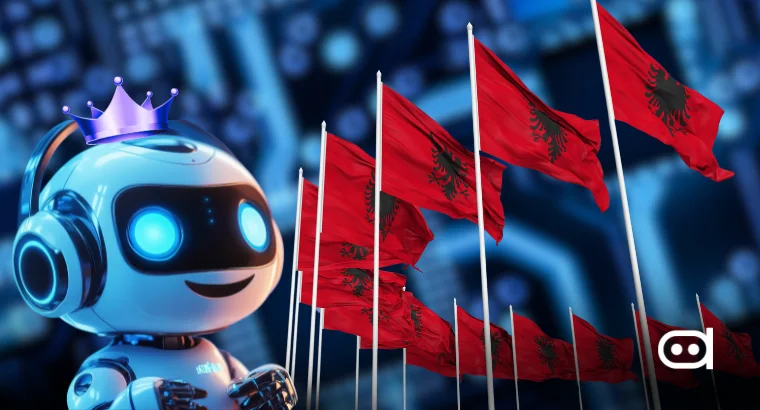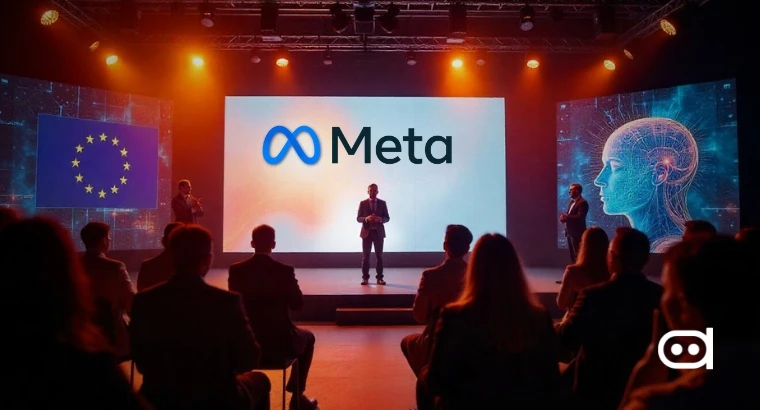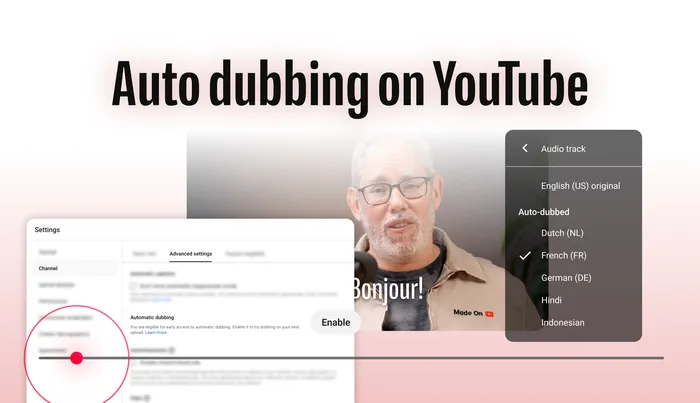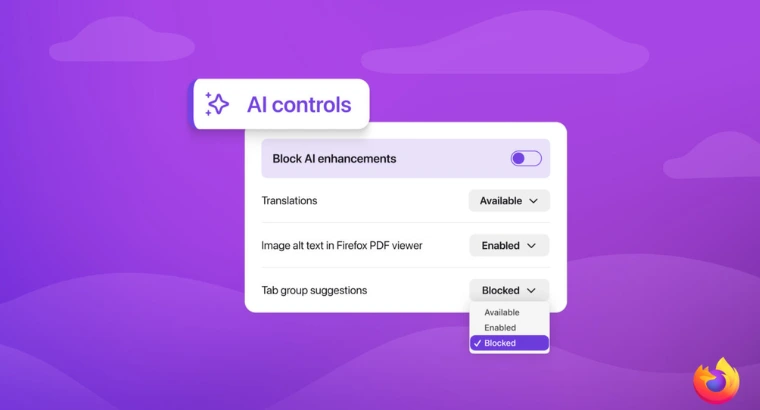
Key Highlights –
- Albania government has appointed its AI-powered virtual assistant, Diella to handle all public procurement contracts.
- The AI was was earlier being used for helping citizens with paperwork like driver’s licenses, pension applications, court filings etc.
- Since its launch in January 2025, Diella has processed nearly 1 million documents and provides access to 95% of government services digitally.
On September 11, the Albanian government made global headlines by appointing an AI-powered virtual assistant named Diella as the world’s first “AI minister,” tasked with overseeing the nation’s public procurement contracts. The move is a radical step toward Prime Minister Edi Rama’s goal of using technology to stamp out systemic corruption.
The Prime Minister, who was re-elected in May, has been a vocal proponent of using AI to reform the country’s governance. He first floated the idea in a July press conference, stating the technology could become the most efficient member of his government.
“One day, we might even have a ministry run entirely by AI,” Rama said at the press conference while discussing digitalization. “That way, there would be no nepotism or conflicts of interest,” he argued.
Meet Deilla, World’s First AI Cabinet Minister
Diella, whose name means “sun” in Albanian, is not entirely new to the Albanian government. The AI was first launched in January on the country’s e-Albania platform to serve as a digital assistant. Since its launch, Diella has been instrumental in helping citizens with a range of bureaucratic paperwork, including driver’s licenses, pension applications, and court filings.
According to official figures, the AI has processed nearly 1 million documents and has streamlined access to 95% of government services digitally, a significant leap forward for a country that has struggled with administrative inefficiencies.
An AI minister? Albania’s playing 4D chess while the rest of us are still figuring out email signatures.
— Max Dziura (@MaxDziura) September 11, 2025
The AI’s promotion from being an assistant to a minister is directly aimed at tackling one of Albania’s most persistent problems i.e. public sector corruption. The awarding of such contracts has long been a source of corruption scandals in the Balkan nation, a country that experts say is a hub for organized crime seeking to launder money from trafficking drugs and weapons.
Diella will now be entrusted with evaluating and awarding all public tenders in a “step-by-step” process, with the decisions being moved from human officials to the AI. Prime Minister Rama has promised that every public tender under Diella’s watch will be “100% free of corruption” and “perfectly transparent.”
You may also like to read – Switzerland Launches Apertus AI, Trained Exclusively on Publicly Available Data
Challenges of AI Reliance in A Government
While the move has been hailed as a transformative step by some, it has also sparked a debate about the inherent challenges of entrusting an AI with such significant decision-making power. The main concern is the issue of accountability. In a traditional government, a minister is accountable to the public and to Parliament for their decisions. In the case of an AI, a new legal framework is needed to define who is responsible when the system makes a mistake or is manipulated.
Experts warn that the AI delegation of actual government decisions would create accountability challenges, since existing legal frameworks around AI haven’t been addressed, with democratic oversight mechanisms still undefined for the chatbot. The government has yet to provide details on human oversight or safeguards against potential AI manipulation, which is a valid point of skepticism for many.
This is wild.
— s4mmy (@S4mmyEth) September 11, 2025
Albania has appointed an AI-bot named “Diella” as a minister, responsible for public procurement.
The idea is that, being virtual, she can’t be bribed, threatened, or unduly influenced.
Who recalls @freysa_ai ($FAI)?
Freysa was socially engineered into releasing… https://t.co/7wW2UcEz7f pic.twitter.com/DhwGUN8gfV
This isn’t an isolated concern. Ukraine too has launched its AI diplomat last year. Named Victoria Shi – the AI was a digital representative of the Ministry of Foreign Affairs of the country, deployed to provide timely updates on consular affairs.
👋 Meet Victoria Shi — a digital representative of the MFA of Ukraine, created using AI to provide timely updates on consular affairs!
— MFA of Ukraine 🇺🇦 (@MFA_Ukraine) May 1, 2024
For the first time in history, the MFA of Ukraine has presented a digital persona that will officially comment for the media. pic.twitter.com/KTtuCVR1ku
If an AI system were to make a critical mistake in a military or a governmental context, the lack of a clear legal framework for accountability could create a crisis. The Albanian government’s move, while ground-breaking, highlights a larger global challenge: how to integrate AI into governance without compromising democratic principles and human oversight.











